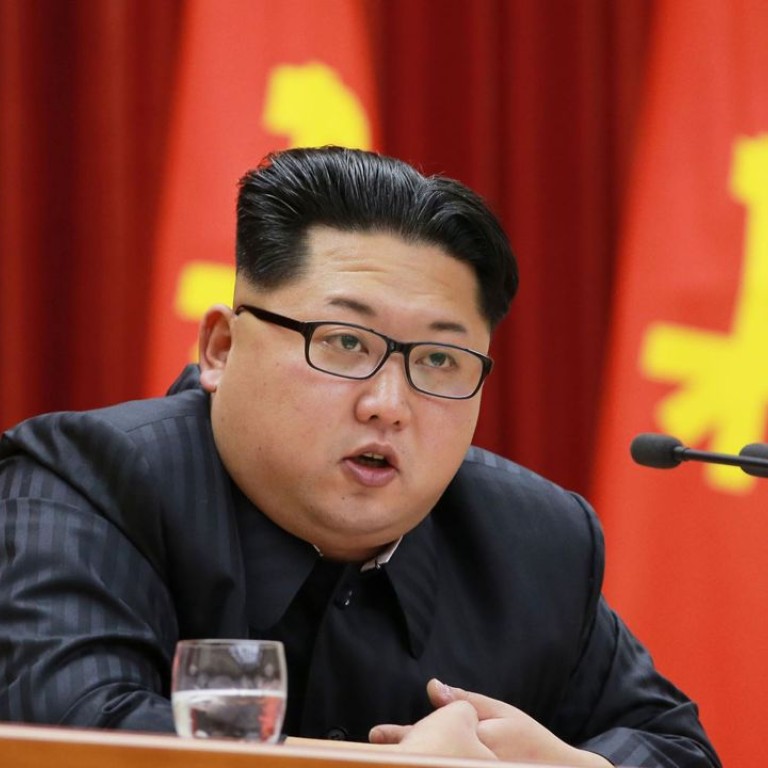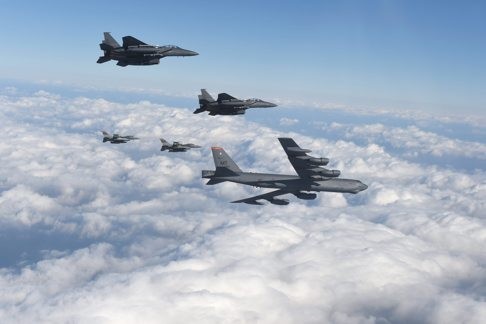
Why the world should be thanking China, not rebuking it, for its role on North Korea
John Kotch and Charles Armstrong say Beijing has used dialogue, not confrontation, over the past 40 years to promote denuclearisation and stability on the Korean peninsula
Washington’s public rebuke of Beijing for not preventing North Korea’s recent nuclear test is like blaming the ship’s captain for rough seas. It is both diplomatically counterproductive and historically inaccurate, echoing US secretary of state John Foster Dulles’ famous refusal to shake hands with premier Zhou Enlai (周恩來) at the 1954 Geneva Conference. Still smarting years later, this slight was the first thing Zhou brought up in his 1971 discussions with then secretary of state Henry Kissinger.


Since the end of the Korean war, China has made a remarkable transition from anti-US adversary to constructive political partner
Kissinger’s diplomacy also extended to his prescient proposal for cross-recognition by the respective allies of both Koreas. Unfortunately, at that time, Moscow and Beijing were competing for influence in Pyongyang and weren’t willing to accept such an arrangement. However, two decades later, as the Communist bloc was collapsing in the early 1990s, first Moscow and then Beijing recognised Seoul.
Then foreign minister Qian Qichen (錢其琛) – concerned about the geopolitical asymmetry that would leave Pyongyang isolated and further endanger security – prodded then secretary of state James Baker to also recognise Pyongyang. Baker’s refusal, on the grounds that the North had not yet complied with its international nuclear reactor inspections obligation, has remained a consistent US policy – refusal to recognise North Korea until it dismantles its nuclear programme – and has ever since impeded the development of a multilateral peace arrangement.
Later, China played a constructive role at the four-party talks in Geneva (1997-1999), convened to seek a peace agreement formally ending the Korean war. When the North scuttled the talks on the grounds that the US troop presence in South Korea was not on the agenda, former vice-foreign minister Tang Jiaxuan ( 唐家璇 ) personally lobbied chief North Korean delegate Kim Kye-gwan, noting that “the ship of four-party talks had set sail” and despite “stormy weather” would eventually reach the safety of port. To this day, a peace agreement has yet to be reached.

READ MORE: When it comes to North Korea, the US should stop pointing fingers and act
Rather than rebuke Beijing for what it has not done, it’s time to appreciate the constructive role China has played – and still tries to play – in working towards a peaceful, multilateral solution to the Korea problem.
John Kotch, PhD, is a political historian and former journalist. Charles Armstrong is professor of Korean Studies at Columbia University. They are co-authors of the article “Sino-American Negotiations on Korea and Kissinger’s UN Diplomacy” in the journal Cold War History


